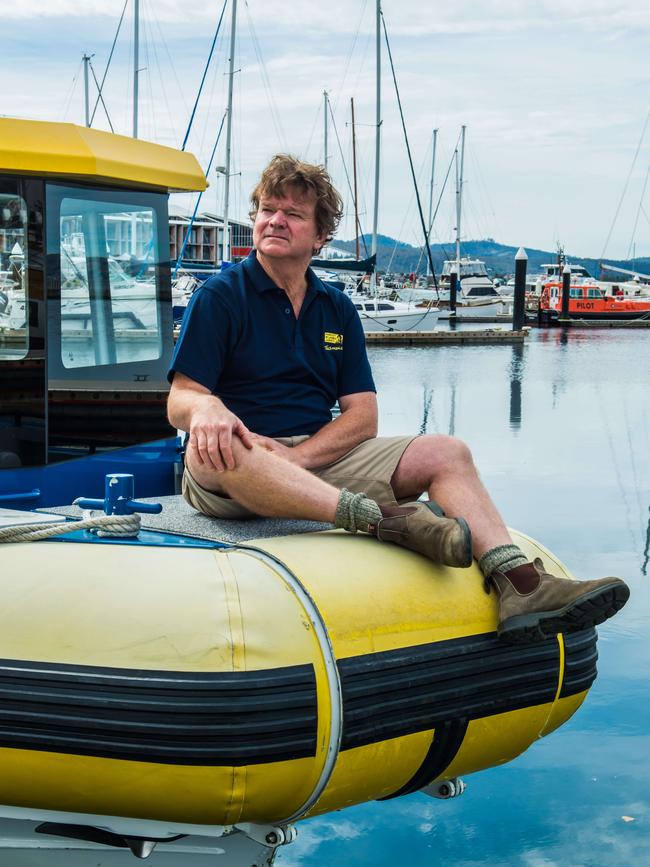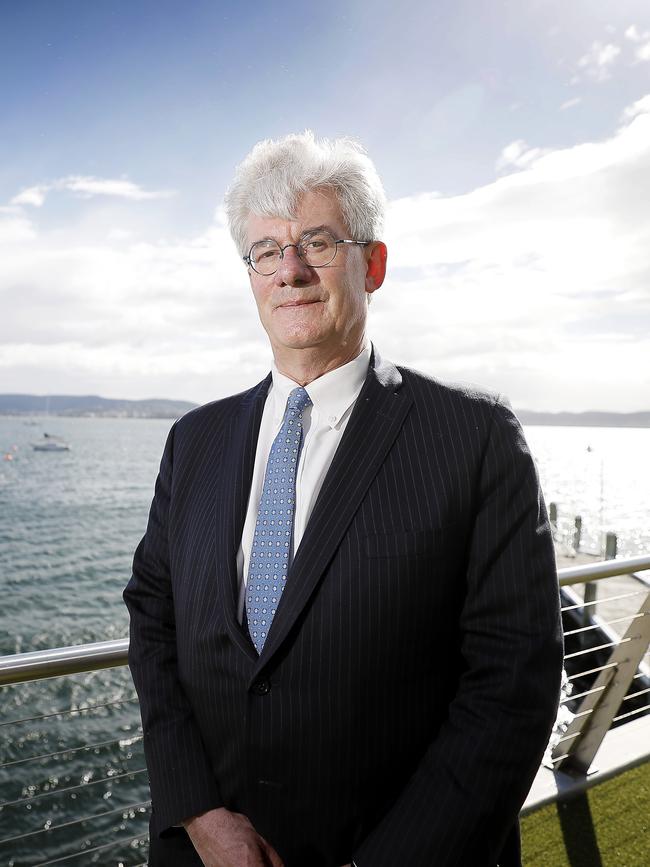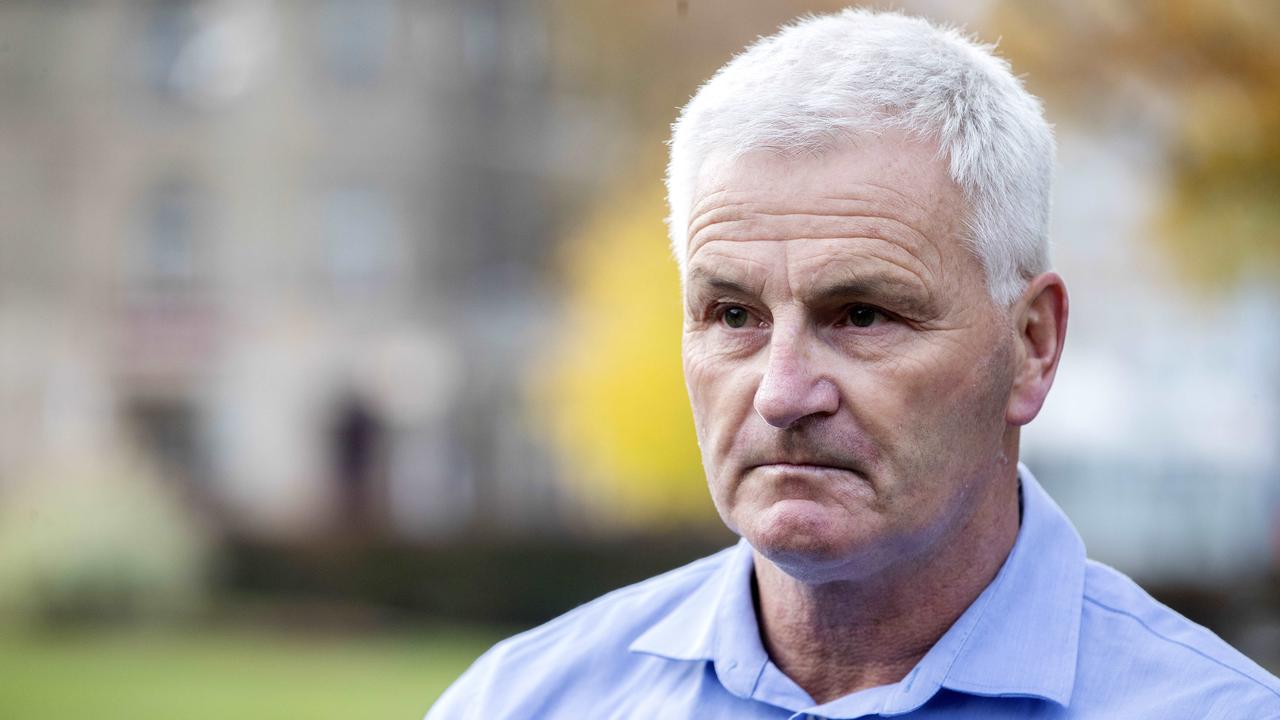Tasmanian business leaders urge State Government to set up coronavirus recovery taskforce
Key Tasmanian business figures are urging the State Government to set up a recovery taskforce amid the coronavirus crisis.
Coronavirus
Don't miss out on the headlines from Coronavirus. Followed categories will be added to My News.
THE community’s heightened desire for self-sufficiency amid the coronavirus crisis will be a key driver of Tasmania’s eventual recovery, economic observers predict.
Premier Peter Gutwein will this week outline details of “Tasmania’s pathway to recovery” and key business figures are urging the State Government to set up a recovery taskforce to lead the process.

“A number of good heads together is likely to get good outcomes,” said tourism operator Robert Pennicott.
Tasmanian Chamber of Commerce and Industry chief Michael Bailey agreed, saying opportunities relating to local manufacturing, domestic travel and public infrastructure needed a strategic plan.
“This pandemic is a reminder to us all that local production is really important to our way of life,” Mr Bailey said.
“We still live in a world market but we do really need to diversify our supply chains and ensure that, if this ever does happen again, it isn’t such a shock.”
Economist Saul Eslake said food production, some areas of advanced manufacturing and renewable energy were some of the potential growth areas for Tasmania as it emerged from the crisis.
“There will be opportunities that arise out of this drive for self-sufficiency,” Mr Eslake said.
However, he said there was no denying Tasmania faced an enormous challenge and more government stimulus would likely be needed once restrictions are lifted.

“People are running down their savings to see themselves through this period and the experience of the global financial crisis tells us that people will want to rebuild savings,” Mr Eslake said.
“And even when people are allowed to do more things, people will be wary. Let’s just say 15 per cent of the population is cautious about going out, that’s the sort of thing that will prevent a quick snap-back.”
Mr Pennicott predicted international borders would not reopen before late next year and, in the meantime, government efforts should focus on bringing interstate tourists to the state — once it is safe to do so.
“A business like mine is 15 per cent Tasmanian, 65 per cent interstate and 20 per cent international so I am really trying to work out whether I could be cash positive with a Tasmanian economic environment, but I’m extremely confident with an Australian economic environment,” Mr Pennicott said.
“The best thing they can help with, both state and federally, is giving people access back into Tasmania.”
Food consultant Jo Cook, who curates Mona’s Winterfeast, said now was the time to support existing enterprises that aimed to help label, market and sell high-quality food from micro-producers.
And she said more funding for food education in schools would help ensure the long-term viability of the production and hospitality sectors.
“I would also love to see the Government employ out-of-work chefs and hospo workers to create closed-loop food systems in our institutions — university, hospitals and school,” Ms Cook said.


